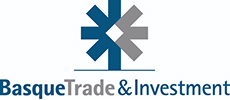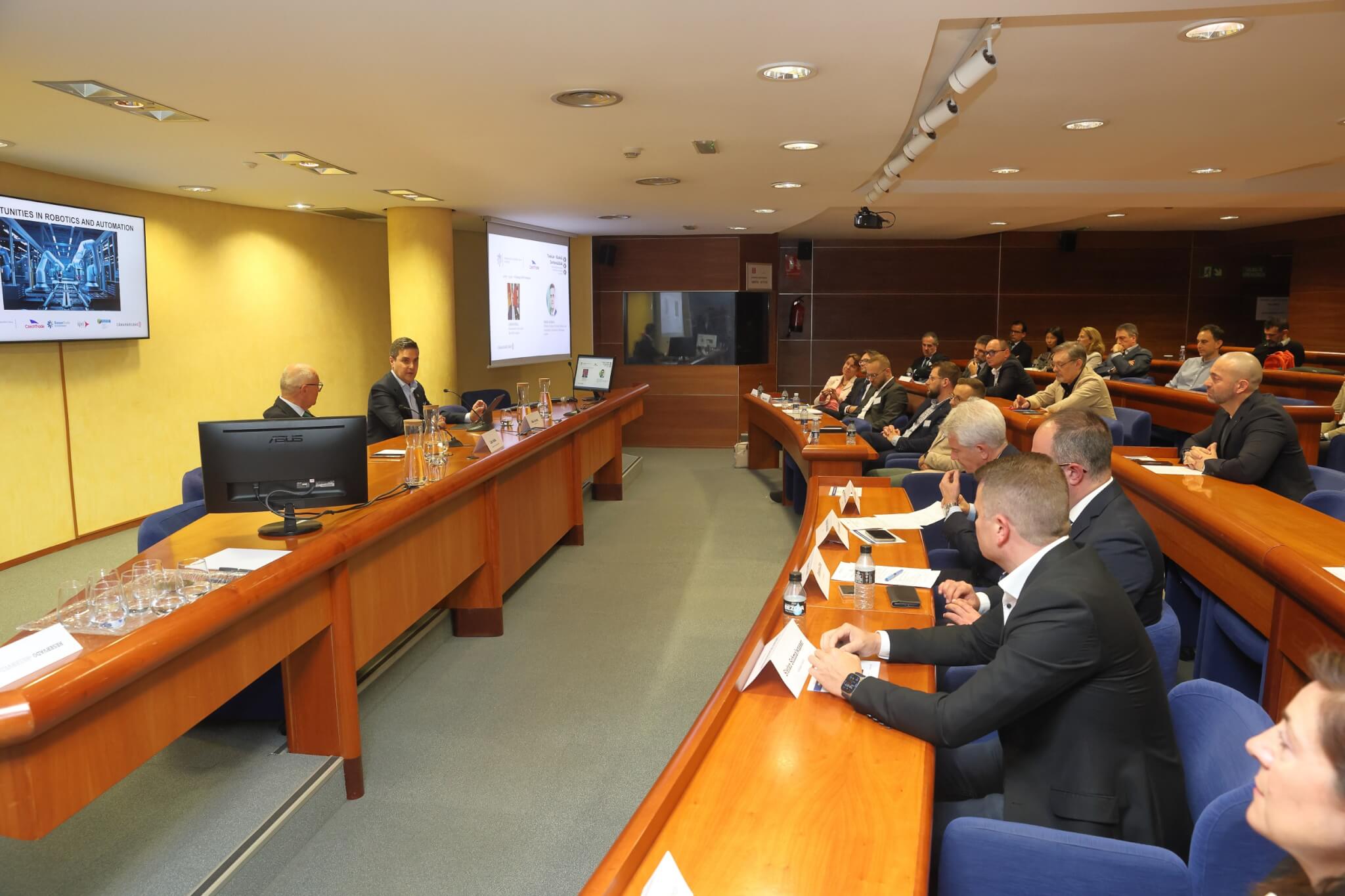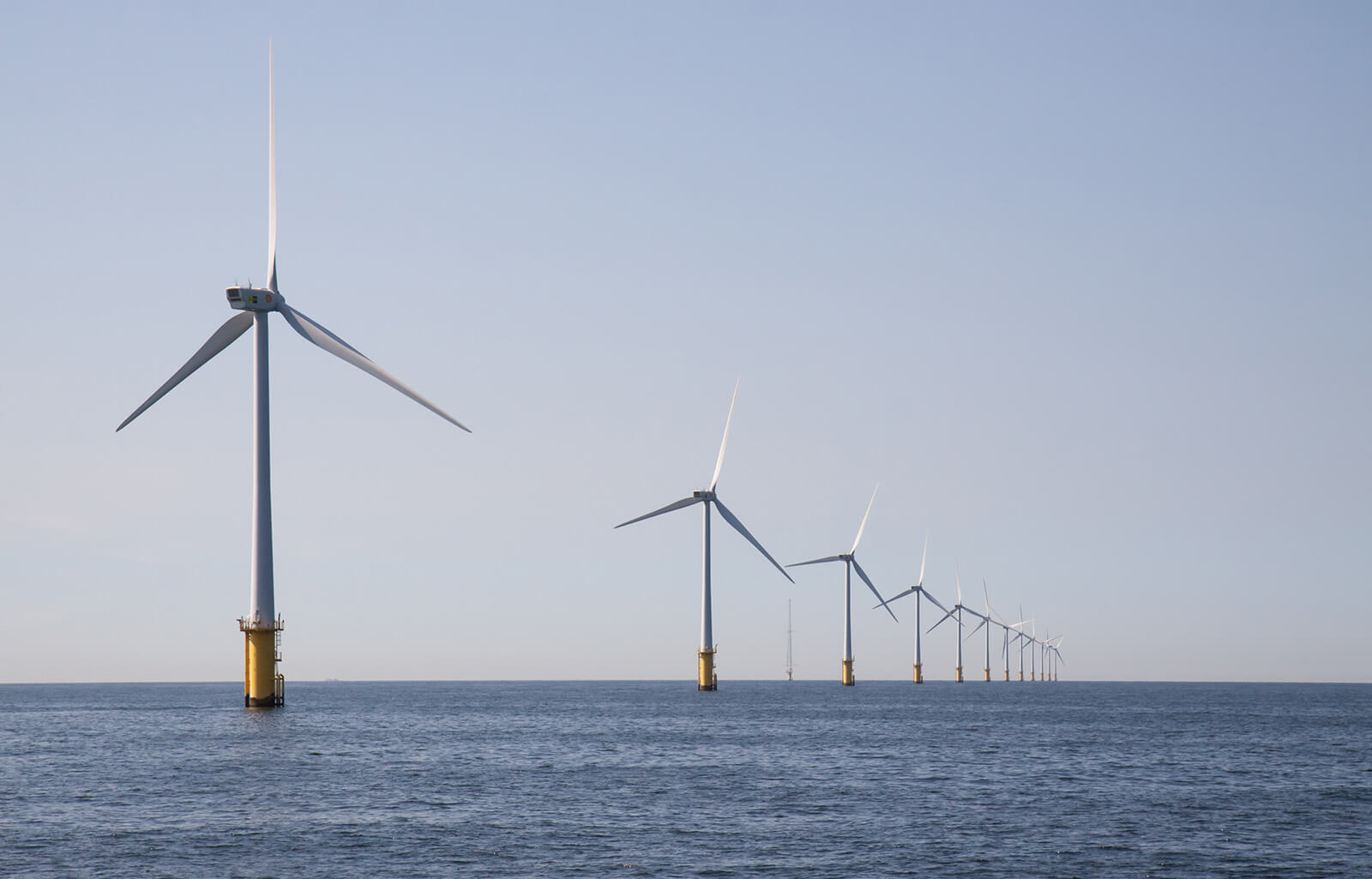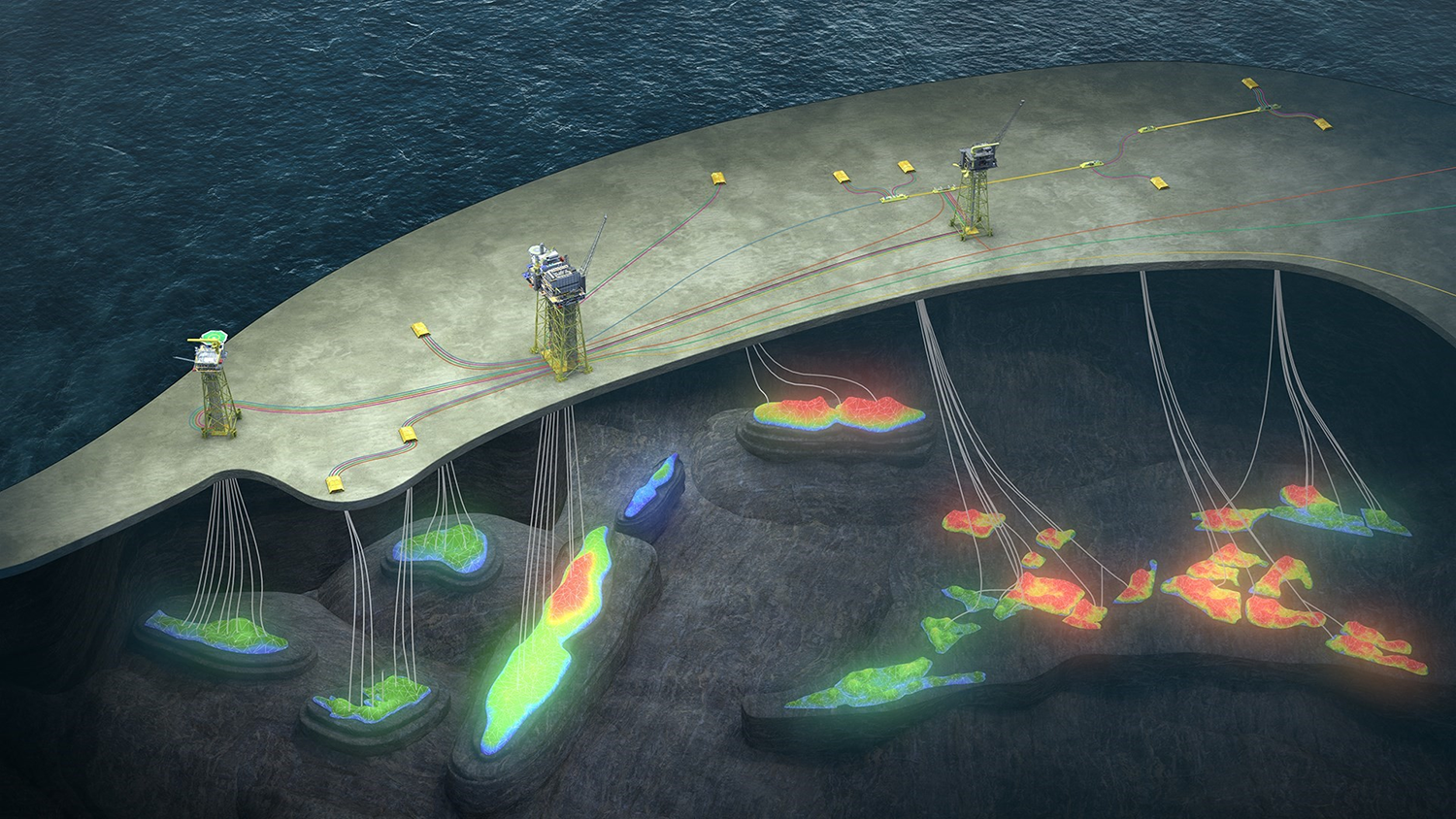France
Given its geographical proximity and the close trade links developed over time, France is, along with Germany, the Basque Country’s main trade partner; that is particularly the case of sectors such as the manufacturing and automotive industries, tourism and agrifood. Furthermore, the proximity facilitates the flow of goods and services, and access to European markets through its territory, along with the business and cultural exchange, multiplies trade development and cooperation opportunities.
The Basque Country, gateway to Europe
France has a strong global economic position and is one of Europe’s largest economies, second after Germany and seventh in the world in terms of Gross Domestic Product (GDP). The country has a diversified country, with key sectors such as manufacturing, energy (particularly nuclear), the aerospace industry, tourism and financial services. France is an important player in international trade, both as an exporter of goods with high added value (luxury items, technology and vehicles) and as an importer of raw materials and industrial components. Furthermore, its economic influence is reflected in its membership of the G7 and G20, where it plays a key role in international diplomacy and in global economic affairs.
Beñat Lekuona
Business Manager
Sonia de la Fuente
Business Manager
BASQUE COUNTRY DELEGATION IN FRANCE
39, rue des Mathurins,
75008 Paris
* Office hours:
Monday to Thursday: 7.30 a.m. to 4.00 p.m.
Fridays: 8.00 a.m. to 1.00 p.m.



